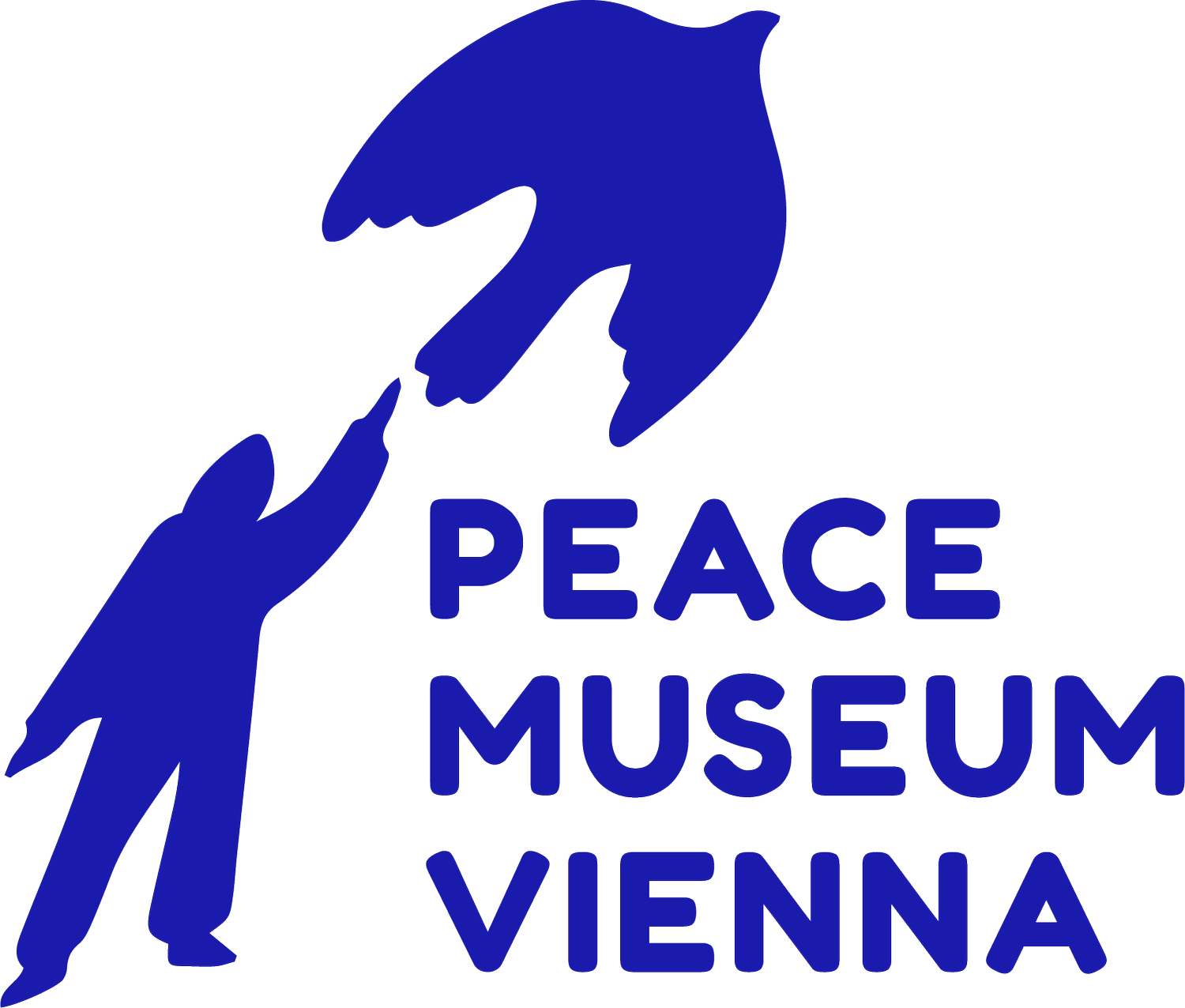Zafar Shayan
“It is highly probable that in most cases, war could be avoided or ended. For discussions allow passion to subside, and to persuade alienated neighbors, or at least one of them, to listen to the voice of a conciliator is a step in the direction of peace.”
– Charles Albert Gobat
Charles Albert Gobat was a Swiss lawyer, politician, and educational administrator. He received the 1902 Noble Peace Prize jointly with Elie Ducommun, his colleague at Permanent International Peace Bureau. Gobat was born in 1843 in Tramelan of Switzerland and died in 1914 in Bern. He has received his doctoral degree in Law from the University of Heidelberg. He has also attended at the University of Basel, University of Bern, and University of Paris.
In 1882, Charles Albert Gobat was appointed as the superintendent of public instruction for the canton of Bern and brought educational progress and reform. He was also elected as a member of Grand Council of Bern in the same year. He was a member of the Council of States of Switzerland from 1884 to 1890. He has also worked Secretary-General of the Inter-Parliamentary Union (IPU), which was founded by the 1901 Nobel Peace Prize winner, Frederic Passy, and the 1903 Nobel Peace Prize winner, William Randal Cremer.
Mr. Gobat was a member of the National Council of the Swiss Confederation for more than three decades. He brought elected representatives of several countries together at various congresses and meetings. He led the fourth conference of the Inter-Parliamentary Bureau in 1892, in which he was chosen as the it’s Secretary General. He received the 1902 Nobel Peace Prize.
In 1906, Charles Albert Gobat became the Secretary-General of the International Bureau, when Elie Ducommun died. In the course of which he led the Permanent International Peace Bureau, this organization won the 1910 Nobel Peace Prize. He died in 1914 when he participated in a peace conference.
1. The Nobel Prize: www.nobelprize.org/prizes/peace/1902/gobat/facts
2. Inter-Parliamentary Union: www.ipu.org/about-us/history/ipu-and-nobel-peace-prize

